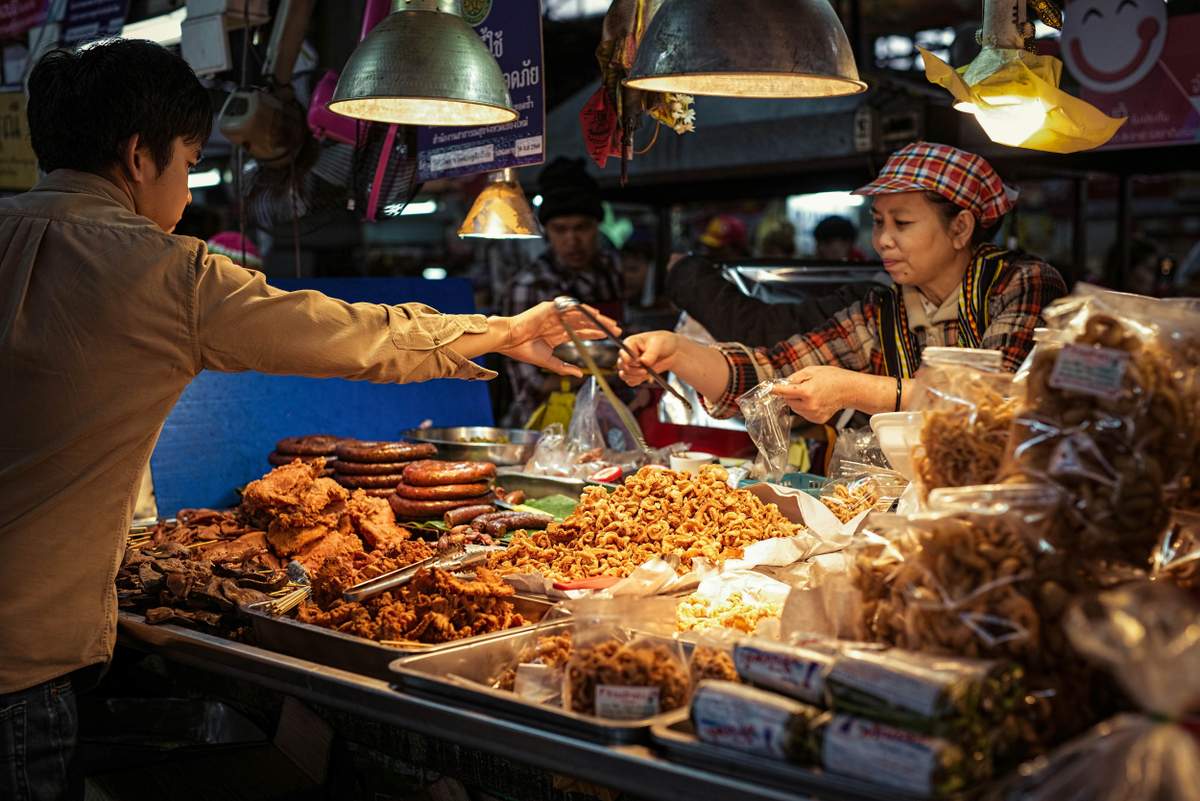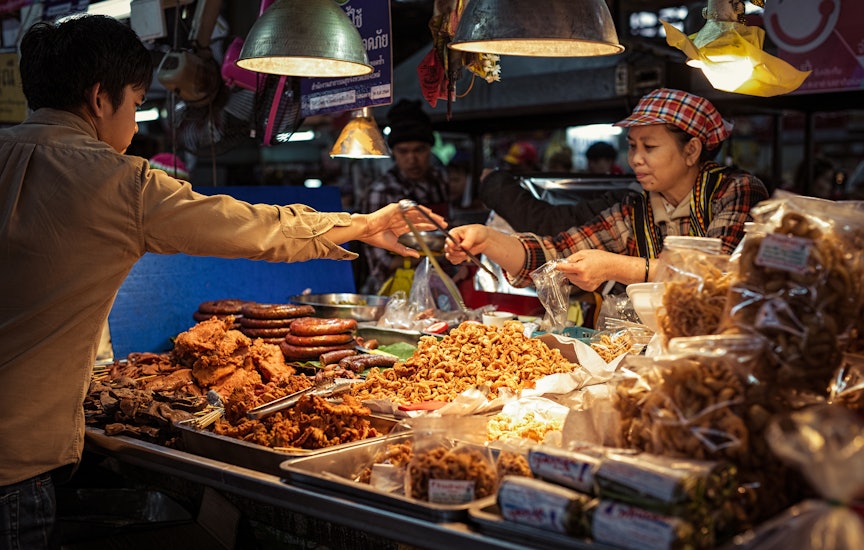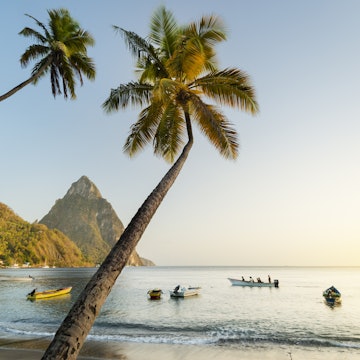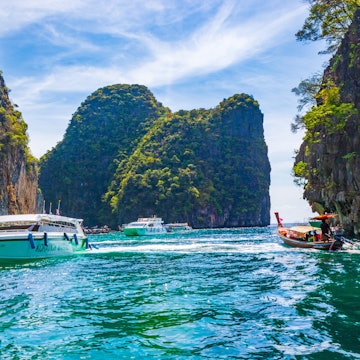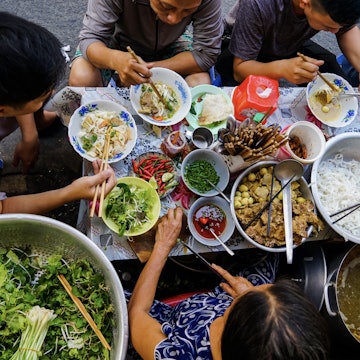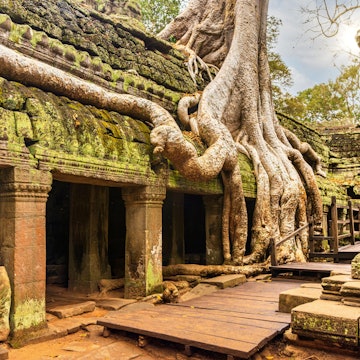
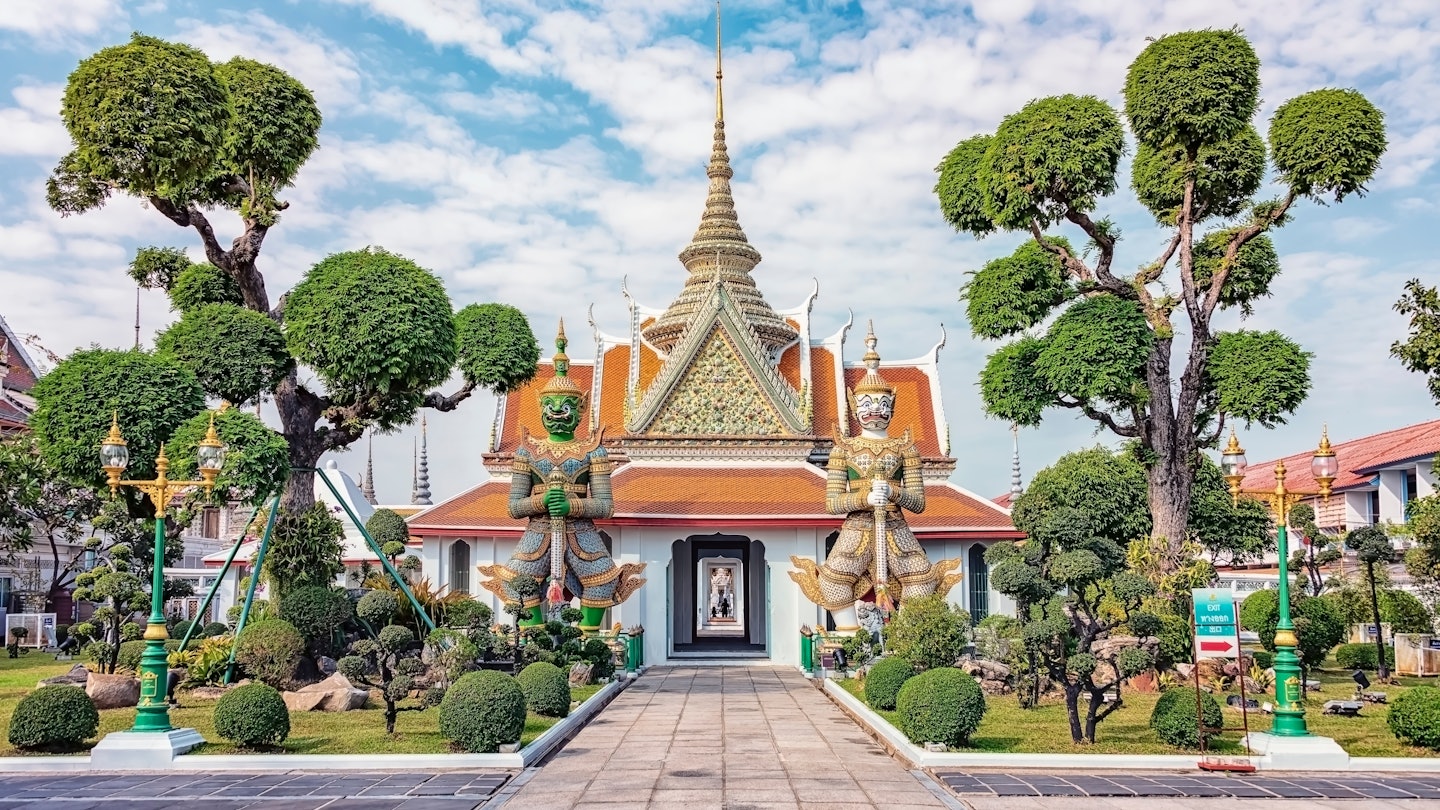
Wat Arun, Bangkok. Stockbym/Shutterstock
Thailand has a deserved reputation as one of the easiest places to travel in Asia. There’s an amazing amount to see, hassles are limited, English-language signs and menus are commonplace, and you can get around easily at almost any time of day or night.
However, there are a few things every traveler should know. Here are our top tips on planning, etiquette, health, safety and culture to help you make the most of your trip.
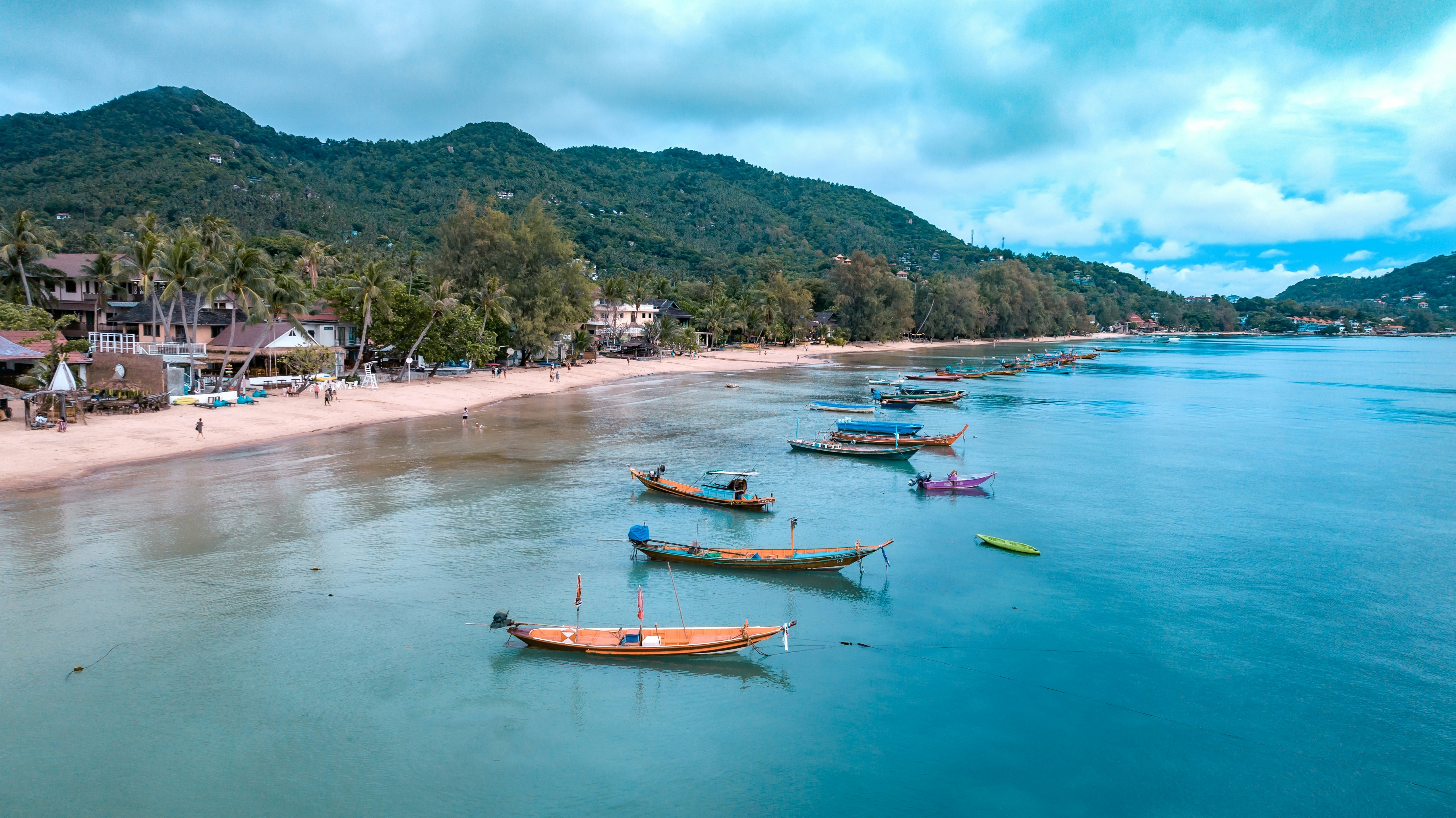
1. Time your visit right as rainy season varies depending where you are
The June to October rainy season brings heavy showers and regular storms to northern, central and southwestern Thailand, which creates dangerous conditions for travel by sea. The southeast coast and the Gulf of Thailand get soaked slightly later, from October to December. If you do visit at this time, you'll definitely want to pack some kind of wet-weather gear.
Rainy-season travel means lower prices and smaller crowds, but some accommodations close and many island ferries stop running, including services to the Tarutao archipelago.
2. Vaccines and antimalarials are recommended
Most doctors recommend getting vaccinations against tetanus and hepatitis A. Also consider a rabies shot – dogs, cats and monkeys can all carry the viral disease. Malaria is present along the borders with Laos, Cambodia, Myanmar and Malaysia. If you visit these regions, you can use antimalarial prophylaxis such as atovaquone/proguanil or doxycycline (or do your best not to get bitten by a mosquito).

3. Book must-do activities before you go
If you have your heart set on a particular boat journey, train trip, trek, tour or boutique stay, book ahead for the busy tourist season from November to March or during any religious holiday. During the rainy season, call or email ahead to check if places are actually open.
4. Get your greetings right
When meeting locals in Thailand, the standard greeting is the wai – a respectful dip of the head with the hands held palms together in front of the chest. Don’t shake hands unless the other person initiates the handshake. If you get invited into a Thai home, remove your shoes before you enter, and avoid pointing the soles of your feet towards another person.
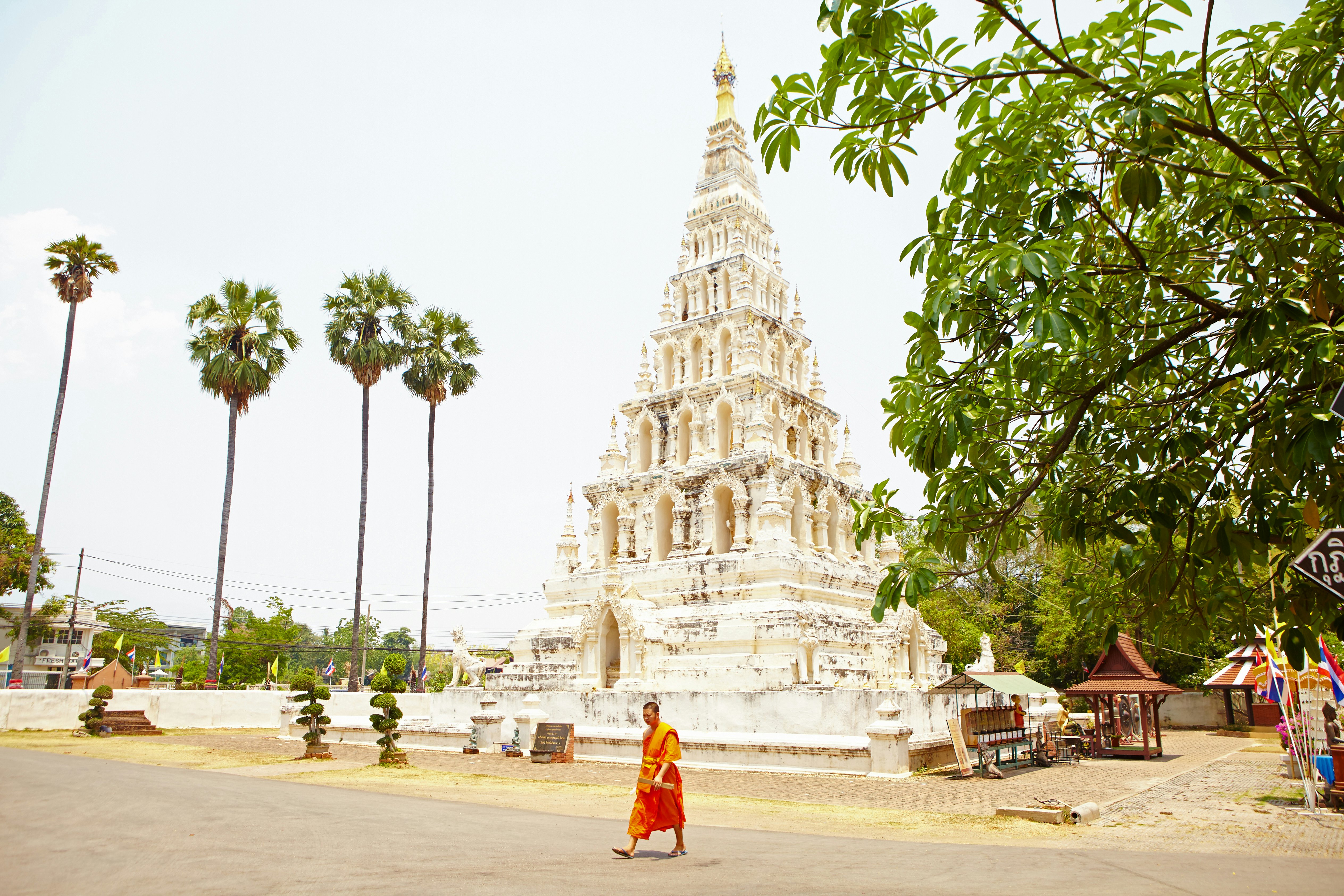
5. Be respectful of Buddhism
Some 95% of Thais are Buddhist, and the national religion weaves through every aspect of life. To show proper respect, remove footwear before entering any Buddhist structure, and wear clothing that covers the shoulders, upper arms and upper legs.

Meet your new travel partner
Unlimited data while you travel with Holafly eSIM. Use code LONELYPLANET for an exclusive discount.
Never point the soles of your feet towards any Buddhist image or monk, and don’t touch Buddha statues on the head. Give way to monks when walking on footpaths, and don’t sit next to them on public transport. It is also taboo for a woman to touch a monk or their belongings.
6. Dress modestly
Thai women and men usually avoid revealing outfits that show off a lot of skin. Swimsuits are fine for the beach, but away from the sand, throw on a sarong or fisher's pants, plus something that covers the shoulders if you visit religious sites. Topless or nude sunbathing is frowned upon and can attract unwanted attention.
7. Never disrespect the king or royal family
The Thais take respect for the monarchy extremely seriously, and lèse-majesté (maligning the royal family) is a criminal offense. Never show disrespect towards the monarch or depictions of the royal family (including on money).
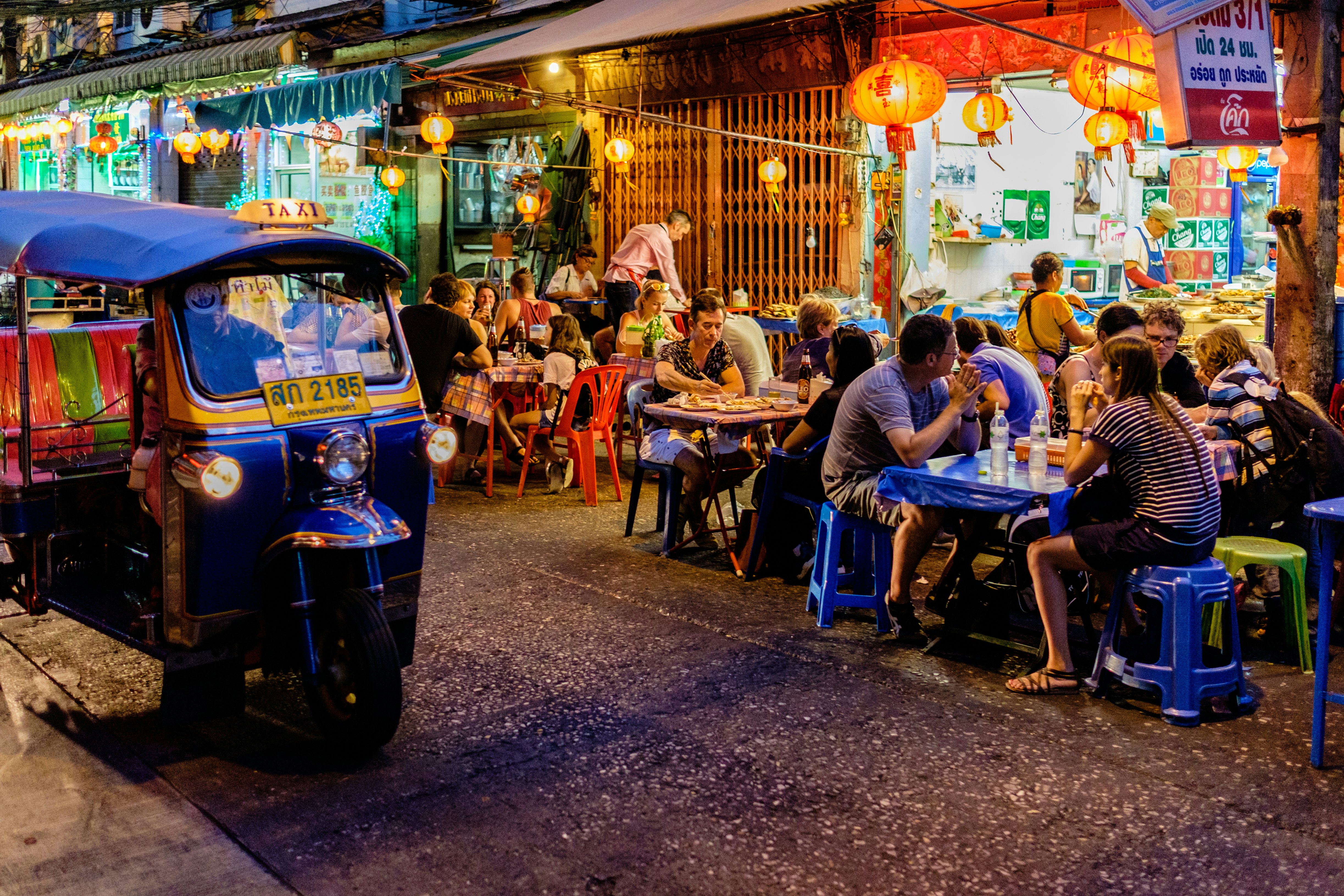
8. Meals are for sharing
When dining out in Thailand, everything tends to arrive on the table at the same time, usually placed in the middle of the table for everyone to share. Thailand abandoned chopsticks in the 19th century. You’ll get a spoon and fork but no knife – but most dishes come as bite-sized morsels, so you won’t need one. Sticky rice is usually bundled up into balls and eaten with the fingers.
9. Vegetarian is a relative term in Thailand
Fish sauce, oyster sauce and egg are widely used as cooking ingredients in Thailand. The safest bet for people who don't eat fish or meat is to seek out Indian-owned vegetarian restaurants, or restaurants serving kin jay Buddhist cuisine. If in doubt, ask the person making the food if it is jay – the term mang sà wí rát just means food that doesn’t contain pieces of meat or fish, but doesn't mean it's necessarily suitable for vegetarians.
10. Don't drink the water
The most common trouble travelers face in Thailand is trip-spoiling stomach bugs. Never drink tap water, wash your hands before eating, stick to busy eating establishments, and be cautious of ice, unwashed or unpeeled fruit and uncooked vegetables. If you become unwell, seek out private hospitals in larger cities rather than public hospitals.
11. Steer clear of drugs in Thailand
In June 2022, marijuana and hemp were removed from the Category 5 narcotics list in Thailand. However, there are still restrictions and smoking marijuana in public is not recommended.
Crossing borders with Class A drugs carries the death penalty, and even the possession of small quantities can bring a hefty prison sentence – it’s really not worth the risk. Also note that smoking in public can attract heavy fines.
If you take any prescription medicines, check that these are allowed into Thailand before you travel.
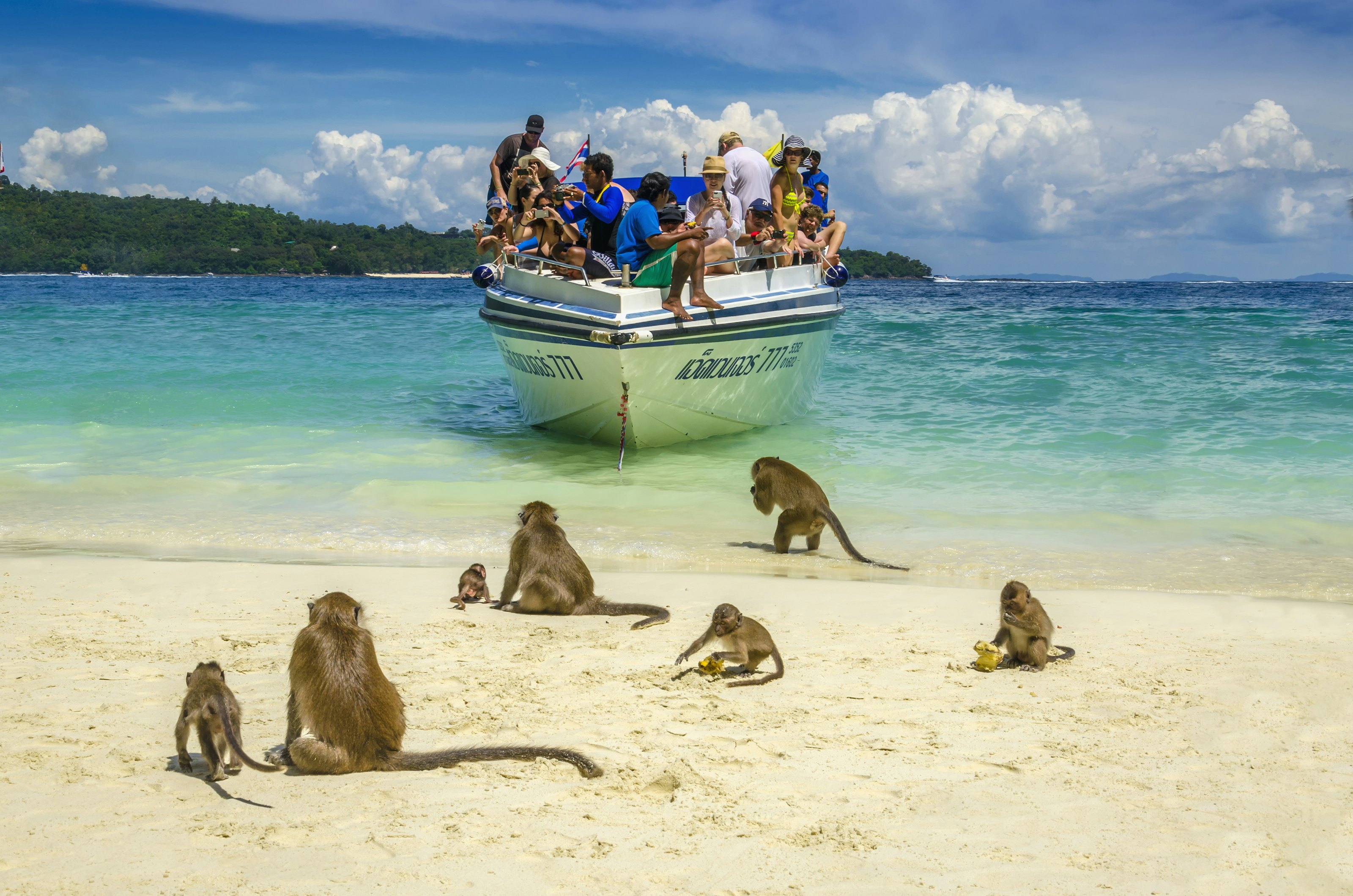
12. Be prepared for mosquitos bites and rabies
Mosquito bites can easily become infected in Thailand’s tropical climate. Bring mosquito repellent, and use mosquito nets (or bring your own). Rabies is another risk – always seek medical attention if you are bitten by a dog, cat or monkey.
13. Political protests are best avoided
Thailand can have a lot of protests. When tensions flare up between the government and opposition groups, it can lead to blockades, flight cancellations and sometimes violence.
Monitor local news sites such as the Nation for information on simmering political troubles, and avoid protests and other potential flash points.
14. Heed government warnings about travel in Thailand’s south
The far south of Thailand, along the Malaysian border, has been wracked by a separatist insurgency since the 1940s. Most foreign governments advise against travel to the districts of Yala, Pattani, Narathiwat and parts of Songkhla.
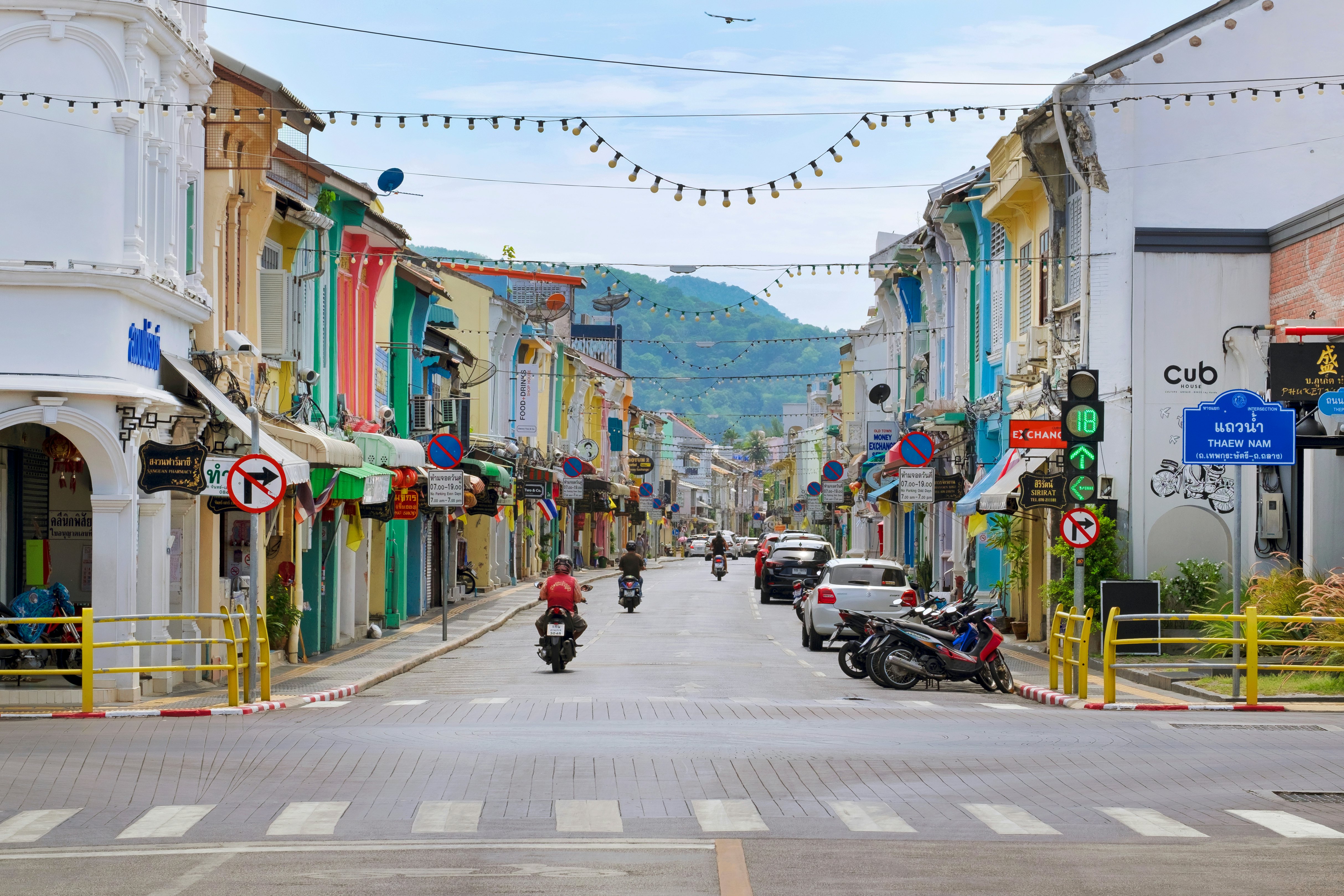
15. Check your insurance before riding motorcycles and scooters
Thousands of travelers rent a scooter or motorcycle in Thailand, but make sure your home driving license covers you for any vehicle you hire, and carry your passport (or a copy of the ID pages) in case the police ask for it.
Wear a helmet, ride cautiously and make sure the rental comes with liability insurance – every year, hundreds of tourists are injured in motorcycle and scooter accidents in Thailand. Always give way to larger vehicles, and watch out for livestock, potholes and other hazards on the road.
16. Follow local advice if there's a natural disaster
Thailand is vulnerable to earthquakes and tsunamis, as well as flooding, landslides and cyclones during the rainy season. Heed official advice in the event of a natural disaster, and contact your embassy for up-to-the-minute information on evacuation procedures.

17. Prices may well be inflated for tourists
In general, Thailand is hassle-free, but tourists are often charged inflated prices for tuk-tuks and unmetered taxi rides – ask a local how much journeys should cost and use that as a yardstick for a fair fare.
Major tourist sites are popular stalking grounds for cab drivers and touts who will try to steer you towards dubious souvenir shops, fake "tourist offices" and second-rate places to stay, where you’ll inevitably pay more to cover their commission. Book transport directly with the operators to avoid dodgy deals from unscrupulous travel agents.
18. You may be approached by sex workers
Thailand’s sex industry may find you whether you want it to or not. Single male travelers (and even couples) can expect to be approached by sex workers or touts drumming up business, so be ready with a firm refusal. Be aware that some bars, restaurants and karaoke venues are fronts for sex work – warning signs include red or pink strip lights, large numbers of skimpily dressed female staff and lots of foreign male customers.






